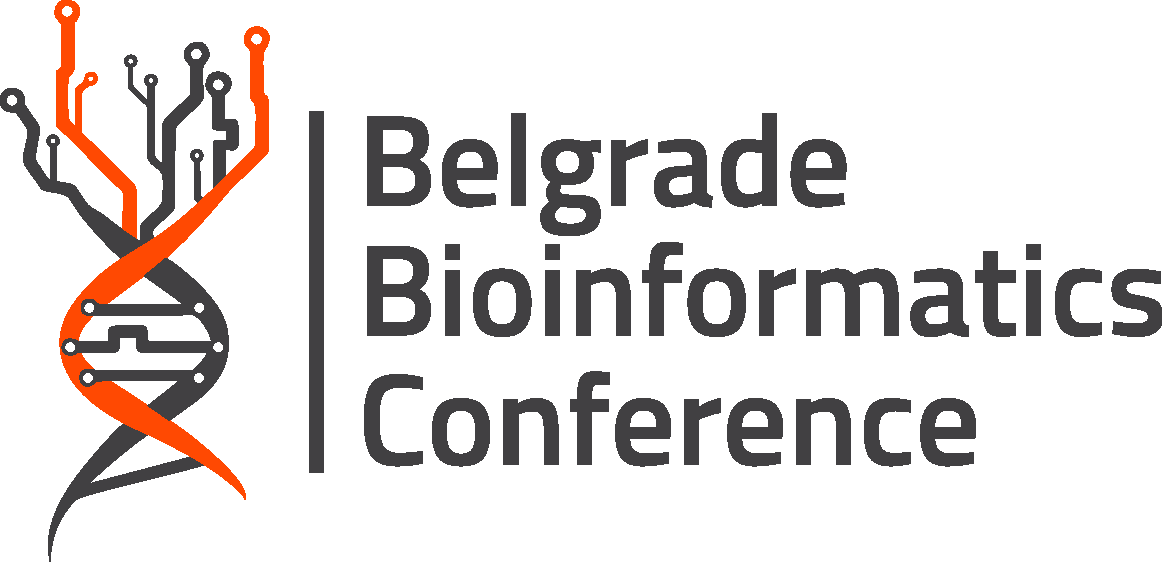Integrative multi-omics data analysis for precision medicine
Trainers:
• Alexandros Xenos, Barcelona Supercomputing Center, Spain
• Carme Zambrana, Barcelona Supercomputing Center, Spain
• Sam Windels, Barcelona Supercomputing Center, Spain
We are flooded with large-scale omics data. They include genomic, proteomic, interactomic, metabolomic and other omic data. These data capture different aspects of cellular functioning and are typically modeled and analyzed as networks, where the nodes represent the biological macromolecules and the edges the relations between them. With the increasing availability of omics data, it is important to represent and interpret each molecular network in an informative way to extract as much biomedical information as possible from each type of data in isolation. However, by analyzing each molecular network individually we obtain a partial view of the underlying complexity of the organism. Therefore, these versatile molecular networks must be integrated and collectively mined to benefit from the complementary aspects captured by the different omics layers.
This tutorial is divided into two sessions. In the first session (Wednesday, June 19 th ), we will introduce the basic concepts of network biology starting with the modeling of omics data as networks. Then, we will introduce the most common network topological descriptors (centrality measures) and more fine-grain methods that quantify the topology of the network based on graph substructures (graphlet-based measures). Finally, we will introduce network embedding techniques tailored for the analysis of single- omics networks, in particular, topological-aware embedding methods that are based on graphlet-based measures. In the second session (Thursday, June 20 th ), we will showcase how we can integrate different omics data using Non-negative Matrix Tri Factorization (NMTF) in the context of personalized medicine. In particular, we will focus on two methods: one for integrating homogeneous data and another for heterogeneous data. Both frameworks have been applied to uncover new disease-related genes in the context of cancer and COVID-19.
The tutorial is aimed towards entry-level participants with basic knowledge of Python programming language.
Workshop applications are limited to those who have completed registration for Belbi2024 (*For your workshop registration, please use same email address as for the conference registration).
The workshop is limited to 20 participants.
Secure your spot quickly — space is limited and will be allocated on a first-come, first-served basis.
You can register for the workshop until June 13th.

